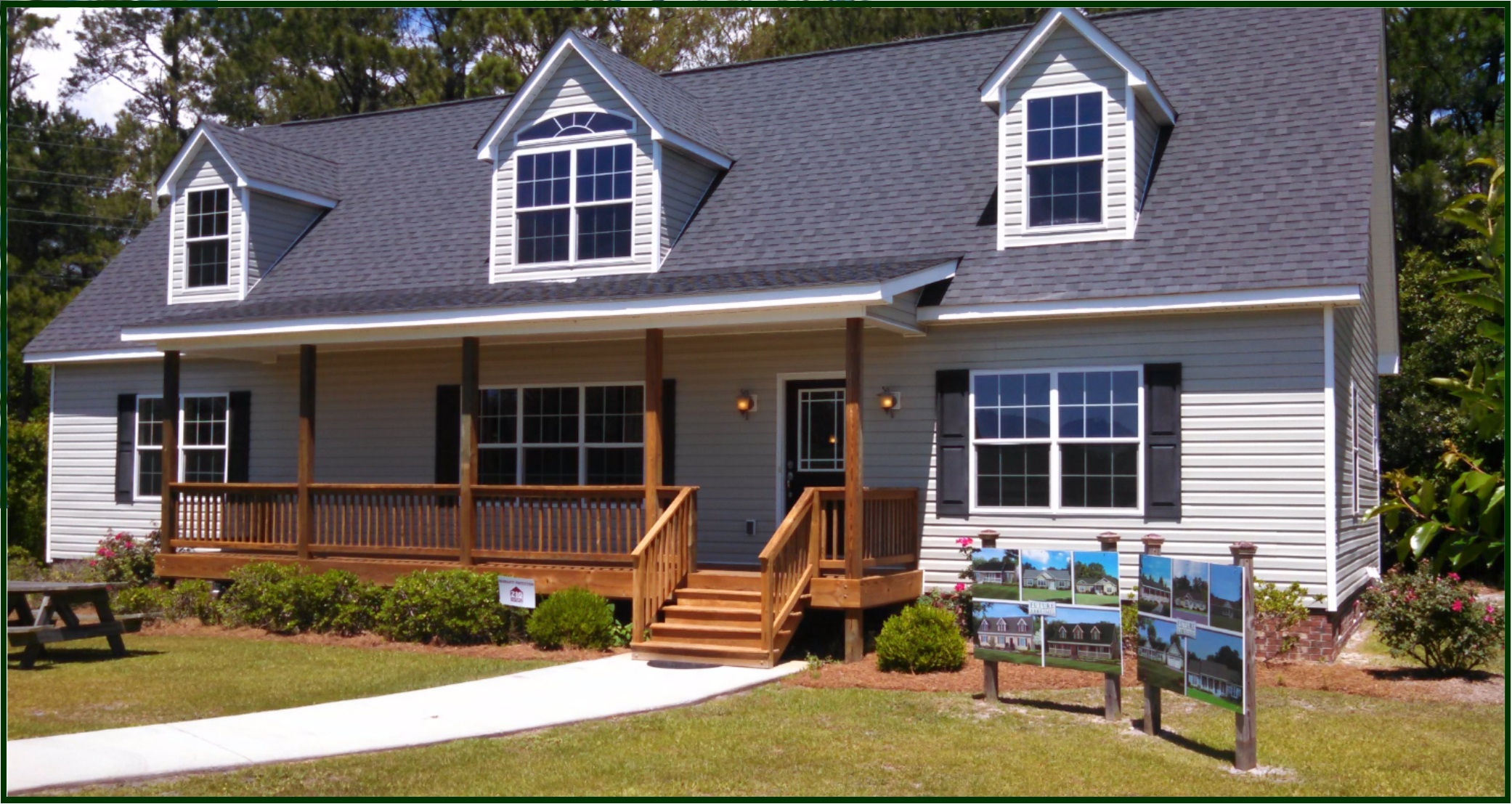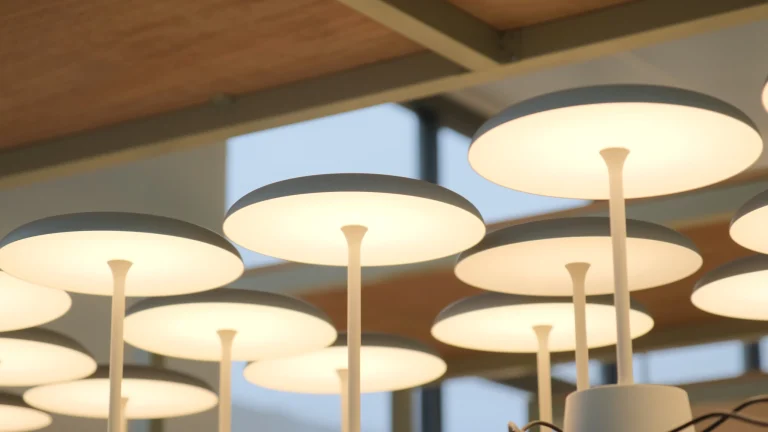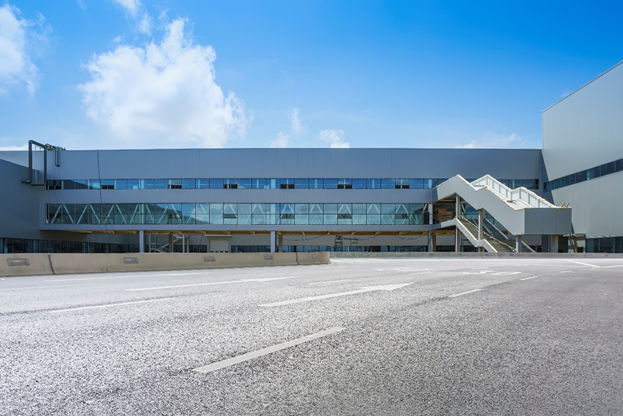
In the realm of modern architecture and construction, custom modular homes stand tall as a testament to innovation and efficiency. Revolutionizing the way we conceptualize and build residences, these homes offer unparalleled flexibility, sustainability, and cost-effectiveness. Moreover, the incorporation of concrete foundation installation further solidifies their position as the epitome of contemporary housing solutions.
Understanding Custom Modular Homes
Custom modular homes, often misconstrued as generic prefabricated structures, are architectural marvels tailored to meet the unique needs and preferences of homeowners. Unlike traditional stick-built homes, these dwellings are constructed off-site in climate-controlled factories, utilizing advanced machinery and skilled labor.
The Advantages of Custom Modular Homes
- Speedy Construction: One of the most striking advantages of custom modular homes is their rapid construction timeline. Since the modules are fabricated simultaneously with site preparation and foundation work, the overall building process is significantly expedited. This swift turnaround time is particularly appealing to homeowners seeking prompt occupancy without compromising quality.
- Cost-Effectiveness: Custom modular homes offer substantial cost savings compared to their conventional counterparts. Factory-controlled production minimizes material waste and labor expenses, translating to a more budget-friendly option for homeowners. Additionally, the precise estimation of construction costs mitigates the risk of budget overruns, ensuring financial transparency throughout the project.
- Exceptional Quality: Contrary to common misconceptions, custom modular homes boast exceptional quality and durability. Rigorous factory inspections and adherence to stringent building codes guarantee structural integrity and longevity. Furthermore, the controlled environment of the manufacturing facility safeguards against weather-related damage and construction delays, resulting in superior craftsmanship and attention to detail.
- Sustainability: In an era dominated by environmental consciousness, custom modular homes emerge as eco-friendly alternatives to traditional construction methods. By optimizing material usage and minimizing onsite disturbances, these dwellings reduce carbon footprints and promote sustainable living practices. Moreover, the incorporation of energy-efficient features and renewable resources enhances their eco-conscious appeal, aligning with the growing demand for green housing solutions.
Concrete Foundation Installation: A Solid Foundation for Modular Homes
At the core of every custom modular home lies a sturdy foundation, and concrete stands as the quintessential building material for this purpose. Concrete foundation installation plays a pivotal role in ensuring structural stability, longevity, and resilience against natural elements. By leveraging the versatility and strength of concrete, homeowners can rest assured knowing their modular homes are built upon a solid foundation.
The Benefits of Concrete Foundation Installation
- Unmatched Durability: Concrete foundations offer unparalleled durability, capable of withstanding the test of time and adverse weather conditions. Unlike traditional wood or stone foundations, concrete exhibits superior strength and resilience, safeguarding the structural integrity of modular homes for generations to come.
- Enhanced Stability: A well-constructed concrete foundation provides unparalleled stability, minimizing the risk of settling, shifting, or structural damage. This stability is particularly crucial for modular homes, which rely on precise alignment and integration of modular components during installation.
- Moisture Resistance: Concrete’s innate resistance to moisture intrusion makes it an ideal choice for foundation construction, especially in regions prone to high humidity or groundwater levels. By mitigating moisture-related issues such as mold, mildew, and rot, concrete foundations ensure a healthier indoor environment for occupants.
- Ease of Maintenance: Concrete foundations require minimal maintenance compared to alternative materials, reducing long-term upkeep costs and hassle for homeowners. Routine inspections and minor repairs suffice to keep the foundation in optimal condition, contributing to the overall longevity of the modular home.
In Conclusion
Custom modular homes represent a paradigm shift in the realm of residential construction, offering unmatched versatility, sustainability, and cost-effectiveness. With concrete foundation installation serving as the cornerstone of structural integrity, these homes stand as beacons of innovation and efficiency in the housing industry. As the demand for personalized, eco-friendly dwellings continues to soar, custom modular homes emerge as the definitive solution for homeowners seeking the perfect blend of style, functionality, and sustainability.






